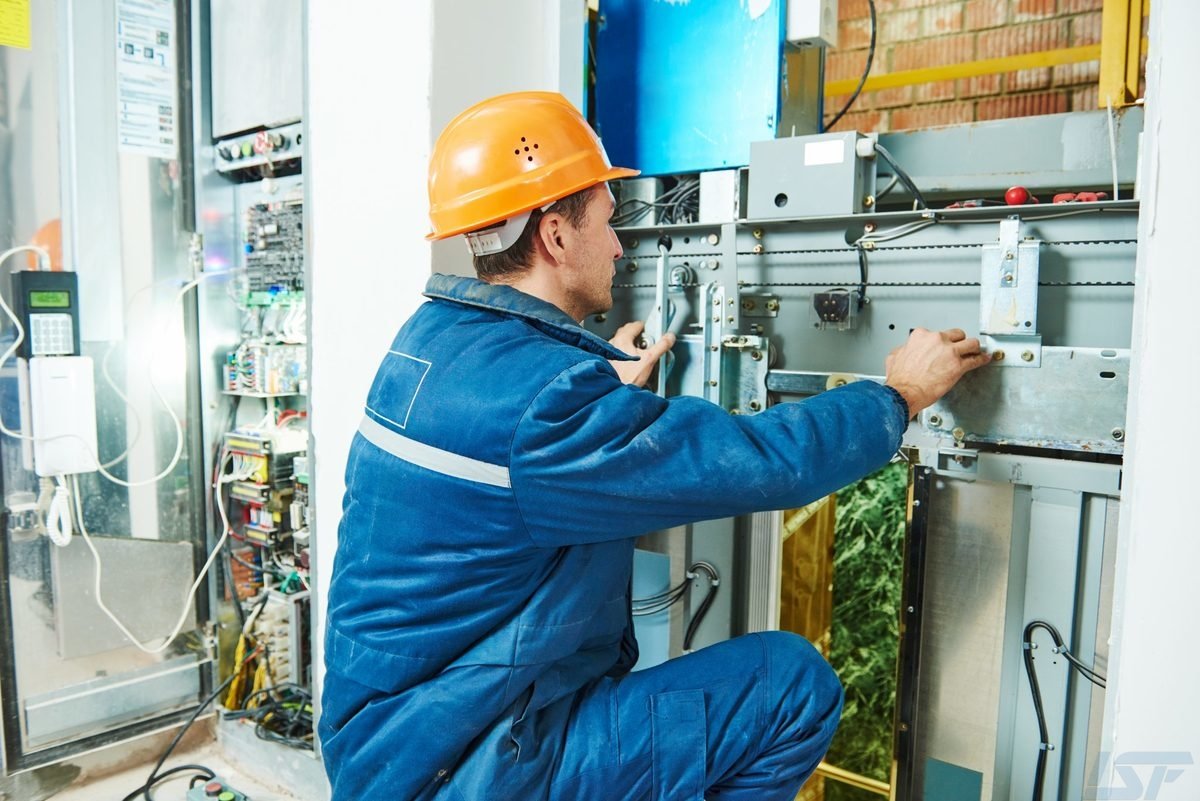Elevators are an integral feature of many organizations, from high-rise office buildings to residential complexes and retail areas. They offer a simple and effective means to carry people and things between levels, providing seamless operations and accessibility. However, much like any mechanical system, elevators need regular maintenance to maintain safety, dependability, and durability. Neglecting elevator care may lead to expensive repairs, downtime, and even safety issues. Here’s why elevator maintenance is vital for your company and how investing in elevator maintenance services can save you time, money, and possible danger.
The Importance of Elevator Maintenance Services
Elevator systems are complicated, with multiple components working together to enable smooth and safe operation. Over time, wear and tear may develop, leading to mechanical faults if not corrected. Elevator maintenance services are meant to check, clean, and repair critical sections of the elevator system, such as the motor, cables, doors, and control panels. Routine checkups ensure that these components perform effectively and that any possible concerns are discovered early, lowering the probability of a breakdown or emergency.
Regular maintenance also increases the life of your elevator system, ensuring that it continues to work smoothly for many years. By investing in periodic maintenance, your company may avoid expensive repairs, eliminate unpleasant downtimes, and maintain a high quality of service for your renters, workers, or customers.
How Commercial Elevator Maintenance Protects Your Business
When you run a business property, maintaining your elevator in optimum condition is not only about assuring convenience for your building’s inhabitants. It’s about protecting the safety and accessibility of the building itself. Commercial elevator maintenance is necessary for various reasons:
- Safety: Faulty elevators may be harmful. Poorly maintained systems may have malfunctioning doors, faulty emergency brakes, or poor wiring that may lead to accidents. Regular maintenance ensures that these safety elements are operating effectively, lowering the chance of accidents or even deaths.
- Compliance with Regulations: Many jurisdictions have strong laws and regulations regarding elevator safety. Ensuring your elevator is up to code involves periodic inspections and maintenance. Failing to comply with these requirements might result in penalties or legal culpability in the case of an accident.
- Convenience for Tenants and Customers: A malfunctioning elevator may produce tremendous trouble for your tenants or customers, particularly in multi-story buildings. Regular maintenance eliminates unexpected failures and ensures your elevator functions efficiently for everyone who depends on it daily.
- Operational Efficiency: A well-maintained elevator works more effectively, which may assist minimize energy use. This may contribute to lower running costs over time, particularly in buildings with several elevators or considerable usage.
Key Elements of an Elevator Maintenance Plan
To guarantee your elevator remains in good functioning condition, it’s necessary to have a complete elevator maintenance plan. This strategy should include:
- Scheduled Inspections: A competent technician should conduct frequent inspections on all key components, including the cables, pulleys, safety devices, control systems, and motor. Inspections should be planned depending on the kind of elevator and its use, although they normally occur every 3 to 6 months.
- Preventative Maintenance: Preventative maintenance entails cleaning and lubricating moving parts, tightening loose components, and replacing any worn-out parts before they cause a breakdown. Preventative steps may considerably improve the lifetime of your elevator system.
- Emergency Support: In addition to normal maintenance, you should have an emergency response strategy in place. This includes rapid access to repair services and reaction times in the event of an elevator failure or malfunction.
- Upgrades & updating: Over time, older elevators may need updating to increase performance, fulfill safety requirements, and conform with building rules. An elevator maintenance plan should also incorporate prospective renovations as required.
- Record Keeping: Keep complete records of all inspections, maintenance work, and repairs. This not only helps with future planning but also guarantees you’re in compliance with safety standards.
How Elevator Maintenance Can Save Your Business Money
Investing in regular elevator maintenance may seem like an extra investment, but it may save you a large amount in the long term. By recognizing tiny flaws before they become large ones, you may prevent costly repairs or the need for a complete system replacement. Additionally, maintaining an efficient elevator decreases energy expenses and eliminates downtime, keeping your company operating smoothly.
Conclusion: Ensure the Safety and Reliability of Your Elevator
Elevator maintenance is not simply a question of convenience—it’s an essential part of assuring the safety, operation, and durability of your elevator system. Whether you operate a business building, an office tower, or a multi-story residential complex, investing in elevator maintenance services is crucial to keep your elevator functioning securely and effectively.
At Clark Elevator, we specialize in offering high-quality commercial elevator maintenance and personalized elevator maintenance programs to match the particular demands of your organization. With years of expertise, our team of professionals is devoted to ensuring that your elevators stay in top condition, reducing downtime, and optimizing safety. Contact Clark Elevator immediately to organize a maintenance plan and keep your elevator systems functioning smoothly!

